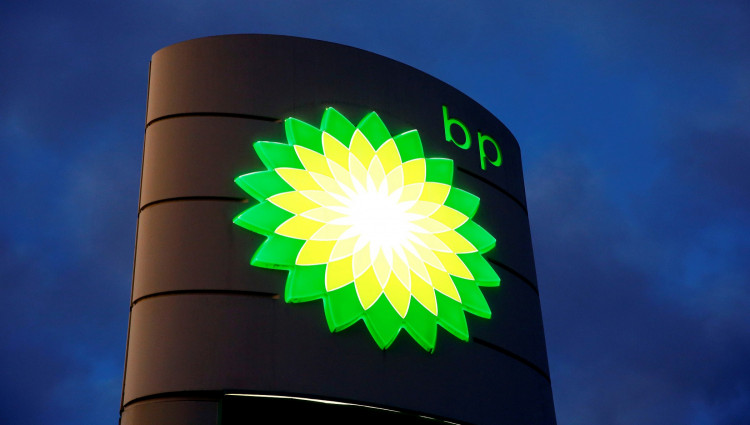BP plc, one of the world's largest multinational oil and gas companies saw a 67% plunge in first-quarter net profit due to the global collapse in oil prices ignited by the raging COVID-19 pandemic.
It reported a Q1 underlying replacement cost (BP's definition of net profit) of $791 million (€728 million) compared to $2.4 billion in Q1 2019. Analysts had expected Q1 2020 replacement cost profit to come in at $987 million, according to data compiled by Refinitiv.
The company's debt increased to $51.4 billion, which is $6 billion higher than the fourth quarter of 2019. BP's debt-to-capital ratio spiked to 36%.
On the other hand, shares in the company fell nearly 3% in early trading on Tuesday. BP shares have lost 35% of its value since the start of the year.
"A good quarter but, undoubtedly, a very brutal environment," said BP CEO Bernard Looney Tuesday.
Looney pointed out demand and supply shocks are at an unprecedented scale. To cope with the enormous demand destruction, BP is bolstering its finances and boosting liquidity to lower its breakeven price (or the level of profitability) to less than $35 a barrel from $56 a barrel in 2019.
On Tuesday morning, Brent crude slid 4.3% to $19 per barrel. It plunged below $20 a barrel last week for the first time in two decades. The outlook for global oil for the rest of the year looks grim.
"The real situation that we have here is a fundamental situation of supply and demand," according to Looney. "Demand in the second quarter, we think, will be down around 16 million barrels per day worldwide this year. And that's about five times the previous demand destruction which we saw in the global financial crisis in 2008 to 2009."
The company announced a dividend of 10.5 cents per share for Q1. Looney said the BP board reviewed the dividend in the first quarter in full and made the decision to pay that dividend based on the underlying performance of the business in the first quarter and based on the actions it's taking.
BP still has to contend with both immense demand destruction and the formerly discounted reality of negative oil prices. The May contract for WTI plunged below zero to trade in negative territory for the first time in history last week. WTI futures stood at more than $60 a barrel at the start of the year.
A dramatic plunge in demand due to the crippling COVID-19 pandemic continues to send oil prices tumbling. On Tuesday, the June contract of WTI traded at $11.36 per barrel, more than 11% lower for the session. Brent came in at $20.22, up around 1%.






